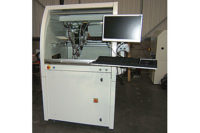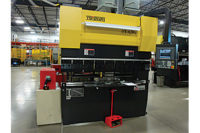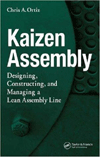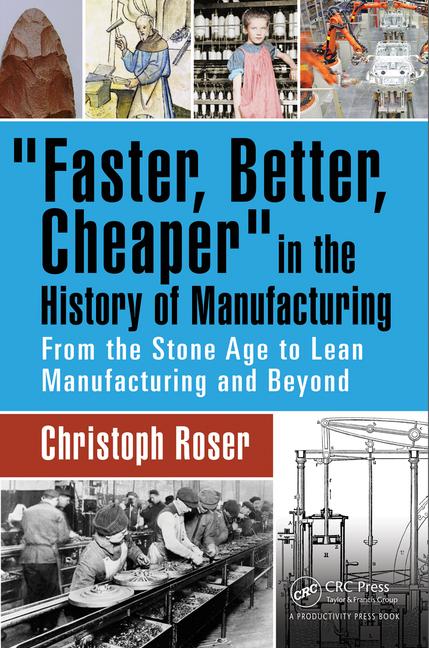Assembly In Action: Gas Traps Increase Accuracy of Refrigerant Leak Testing

This leak testing system features gas traps that isolate test points and a high-flow-leak detector that provides maximum sensitivity and minimum response time. Photo courtesy Serv-I-Quip Inc.
This situation resulted in lost productivity through refrigerant reclamation and increased rework of the brazed joint where the refrigerant was located inside the refrigerator. It also significantly raised the company’s warranty costs.
Close inspection revealed that two factors led to frequent leak test failure of the refrigerant. The first was operator inconsistency while performing sniffer leak detection, in terms of scanning rate, distance and speed. The second was that the readings of the sniffer probe were affected by previously vented helium test gas.
To overcome this problem, Whirlpool turned to Serv-I-Quip Inc., which supplies test and fill equipment used on the assembly lines of appliance, HVAC, vehicle, and Tier One parts manufacturers.
Serv-I-Quip recommended a leak testing system featuring gas traps integrated with a high-sensitivity, high-flow-leak detector. The traps isolate test points, while the detector provides maximum sensitivity and minimum response time.
The operator places an integrated gas trap on each brazed joint to be leak tested. Each trap samples leaking test gas and all joints are sampled simultaneously, providing the system with a cumulative leak rate. If the refrigerator’s accumulated leak rate surpasses the rejection leak rate, the appliance fails the test and is pulled off line.
Besides eliminating operator inconsistencies, this system mitigates false positives from helium-contaminated environments. It does this by isolating the test site from environmental influences such as breezes (from fans, open doors, vehicle traffic) that can dissipate the test gas concentration around the leak site.
Since installing the system, Whirlpool has seen a dramatic increase in the number of leaks caught during helium leak testing. This has yielded considerable savings for Whirlpool, because it’s less expensive to catch and fix leaks early in the assembly process. The refrigerator’s cooling system is free of refrigerant and operators can easily access the leak site.
Whirlpool has also realized a dramatic reduction of leaks caught at the refrigerant leak test operation, resulting in significant savings and increased productivity.
For more information on test and fill equipment, call 610-873-7010 or visit www.siqinc.com.
Looking for a reprint of this article?
From high-res PDFs to custom plaques, order your copy today!








